In modern convenience, few things are as essential to our daily lives as a gas hot water system. A reliable gas hot water system service is indispensable for a soothing shower, washing dishes, or laundry. Among the various options available, gas hot water systems have gained immense popularity for their efficiency and cost-effectiveness.
But have you ever wondered exactly what’s involved in a gas hot water system service? This guide will walk you through the components, maintenance, and all the essentials about these systems.
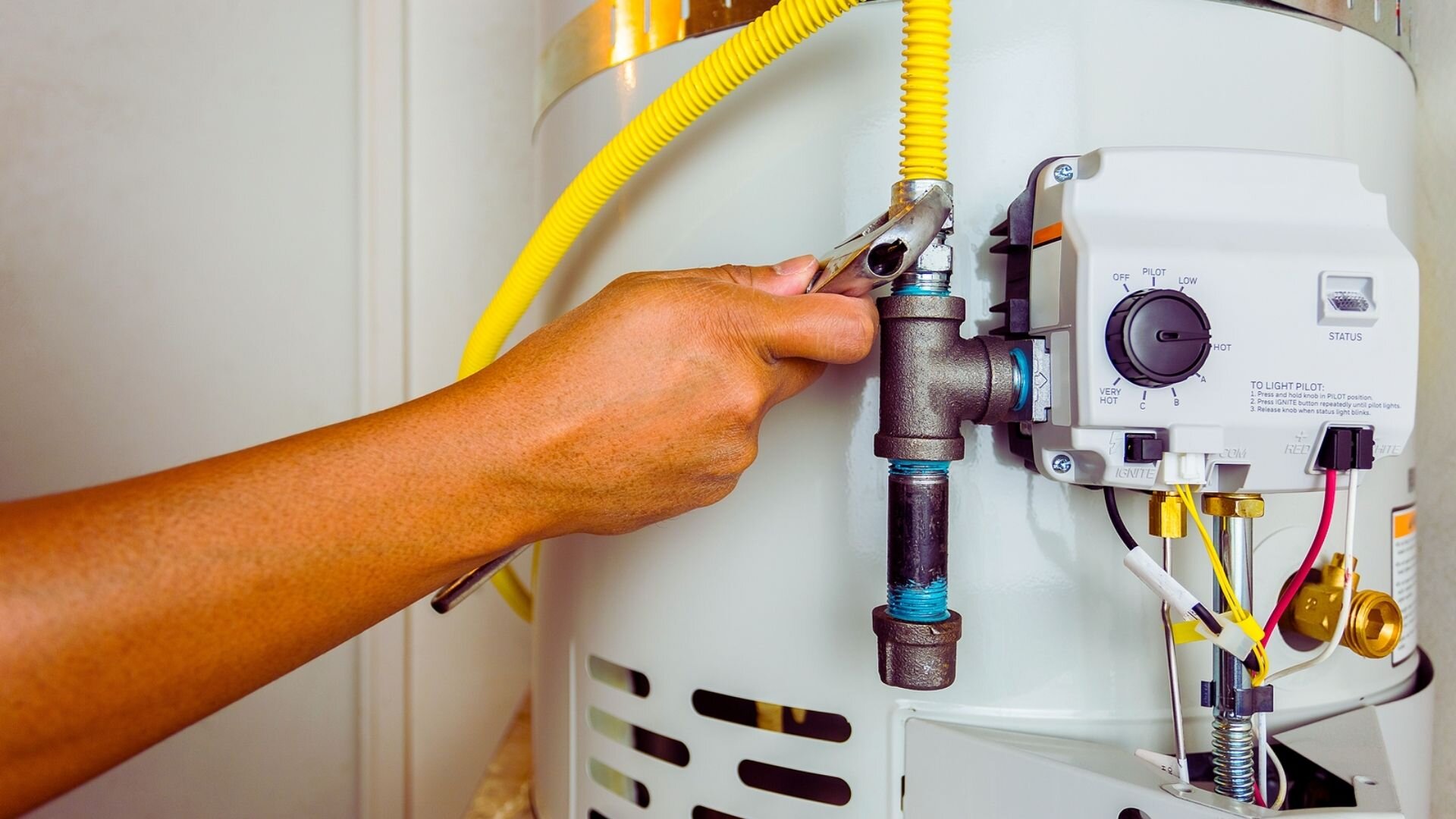
From the core parts of these systems to handy tips for efficient use and troubleshooting, we’ve got it all. Let’s delve into the essential workings of this important household appliance!
Components of a Gas Hot Water Service
A gas hot water system service comprises several key components that work together to provide a reliable supply of hot water systems. Understanding these components can help you better maintain and troubleshoot your system. Here are the essential elements:
Gas Burner
The gas burner is responsible for heating the water. It ignites and burns natural gas or propane to generate the heat required to warm up the water inside the tank.
Water Tank
The water tank is an insulated container that holds and stores the hot water systems until needed. These tanks come in various sizes, typically ranging from 20 to 80 gallons, depending on your household’s hot water system demands.
Dip Tube
This tube directs incoming cold water to the bottom of the tank, where it gets heated. It prevents the cold water from mixing with the existing hot water system at the top of the tank.
Heat Exchanger
In tankless or on-demand gas hot water systems, heat exchangers are used instead of tanks. They heat water as it flows through, instantly providing hot water without gas storage.
Thermostat
A thermostatic mixing valve controls the temperature of the water inside the tank. Adjust it to set your home’s desired hot water system temperature.
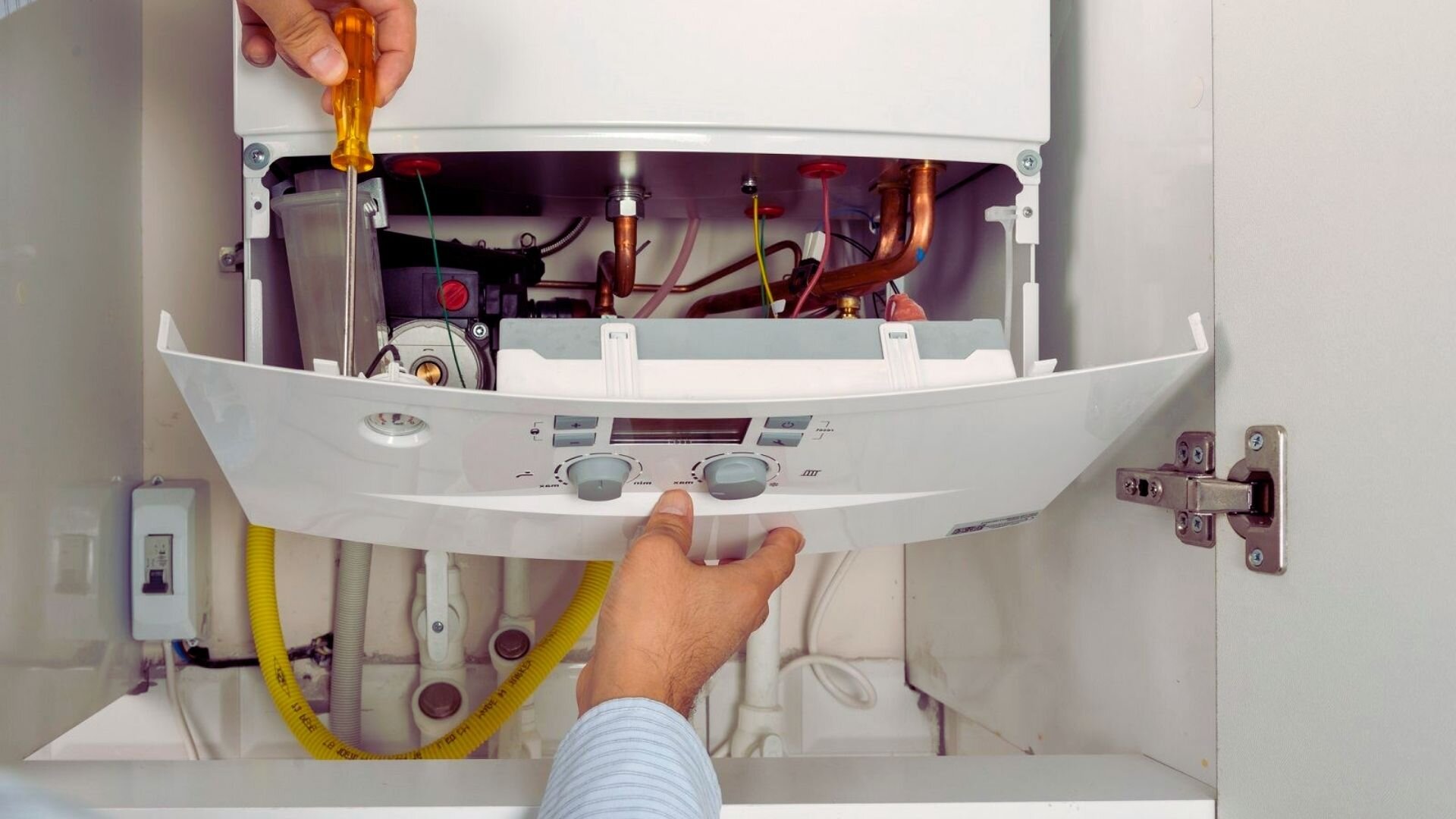
Pressure Relief Valve (PRV)
The pressure relief valve (PRV) is crucial for safety, releasing excess pressure to prevent overpressurising and the risk of explosions.
Anode Rod
A sacrificial anode rod is a component that helps prevent corrosion inside the tank. It attracts corrosive elements, protecting the tank from rust and prolonging its lifespan.
Gas Control Valve
This valve regulates the gas flow to the burner, ensuring that the gas is burned at the correct rate to maintain the desired water temperature control.
Flue Pipe
In gas hot water systems, the flue pipe exhausts the combustion gases produced during heating safely outside your home. Proper ventilation is essential for safety.
Sediment Trap
This trap captures any sediment or debris that may be present in the incoming water supply, preventing it from settling at the bottom of the storage tank systems and causing issues.
Expansion Tank
In some systems, an expansion tank is added to accommodate thermal expansion as the water heats up. It helps prevent pressure build-up and potential damage to the system.
Understanding these components and their functions is crucial for maintaining the efficiency and safety of your gas hot water system service.
Proper Maintenance Practices
Gas hot water services play a crucial role in providing us with the comfort and convenience of hot water for various average household tasks. Proper maintenance ensures your gas hot water or water heater service operates efficiently and safely.
Skipping maintenance can lower performance and be risky. Here are key maintenance tips to keep your gas hot water service in top shape:
Regular Inspections: Whether it’s an electric storage water heater, heat pump water heater, or solar hot water systems. Schedule periodic inspections by a qualified technician. They can identify potential issues early on and address them before they become major problems. These inspections should ideally occur annually.
Check for Leaks: Regularly inspect for gas or leaks around the unit. Leaks can be dangerous, so a professional should immediately address any leakage signs.
Flushing the Tank: Over time, sediment can build up in the bottom of the hot water tank. This sediment can reduce heating efficiency and potentially damage the tank. Flushing the tank once a year helps remove sediment and maintain efficiency.
Adjust the Temperature: Make sure the water temperature is set to a safe and comfortable level. Water that is too hot not only poses a scalding risk but also wastes energy.
Inspect the Pressure Relief Valve: The pressure relief valve is a critical safety feature. Test it periodically to ensure it’s functioning correctly. If it’s not working, have it replaced immediately.
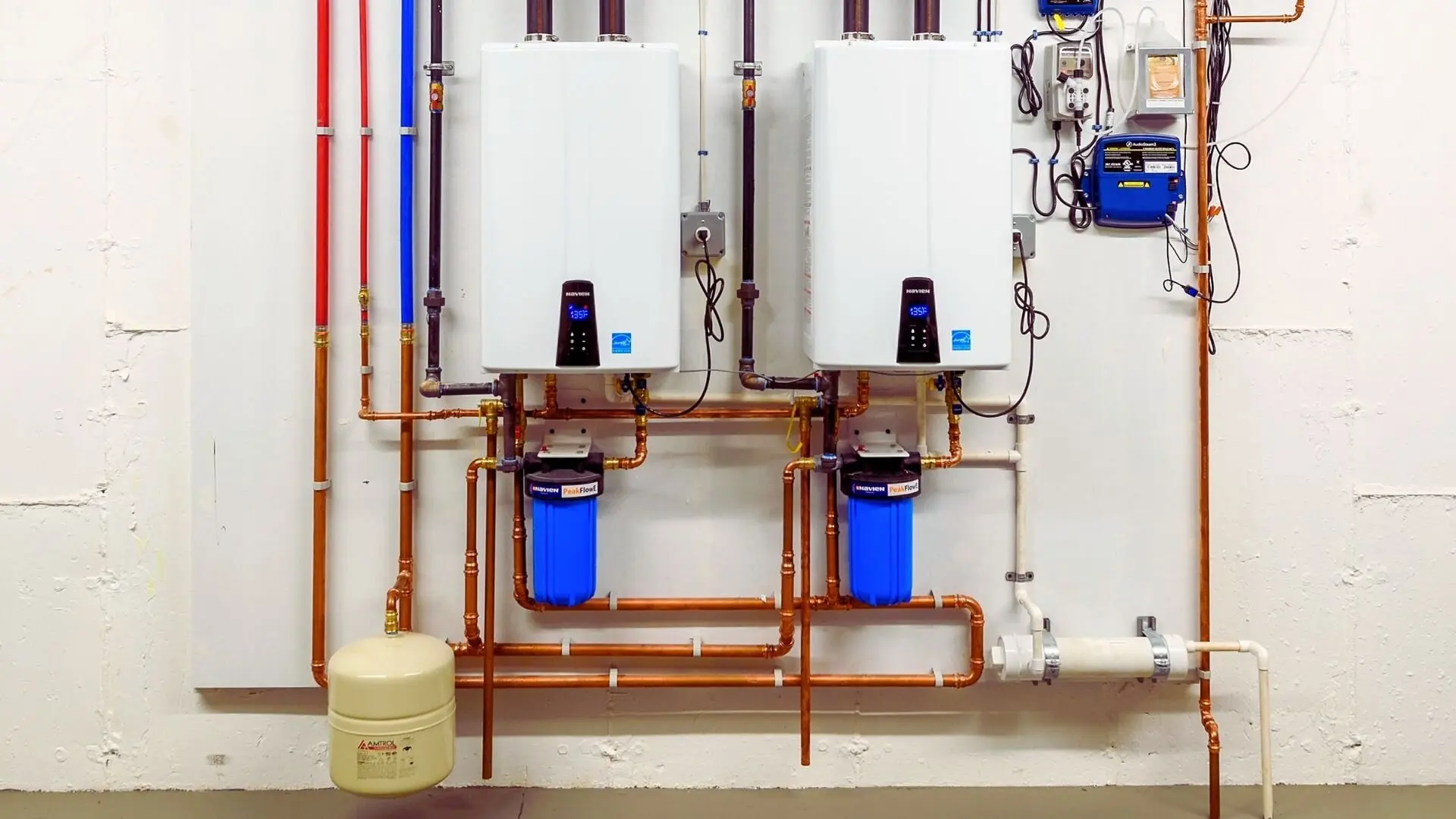
Clean the Burner: If you have a gas storage water heater, the burner should be cleaned to remove dust and debris. A clean burner operates more efficiently.
Check the Anode Rod: The anode rod protects the tank from corrosion. Inspect it annually and replace it if it’s corroded or nearly depleted.
Inspect Ventilation: Ensure the venting system is clear of obstructions, such as debris or bird nests. Proper ventilation is essential for the safe operation of a gas hot water service.
Test the Carbon Monoxide Detector: If your gas hot water service is indoors, you should have a carbon monoxide detector installed nearby. Test it regularly to ensure it’s working correctly.
Schedule Professional Servicing: Besides regular inspections, consider scheduling professional servicing every 2-3 years. A qualified technician can perform a comprehensive checkup, clean components, and replace any worn-out parts.
Keep the Area Clear: Maintain a clear area around your gas hot water service. Avoid storing flammable materials or clutter nearby, as this can pose a fire hazard.
Choosing Between DIY and Professional Installation
When installing a gas hot water system service, you’ll face a critical decision: should you tackle it as a DIY project or opt for professional installation? While DIY installation may seem cost-effective, it’s essential to consider the potential risks and complexities involved.
Gas hot water systems require precise gas connection, venting, and safety measures, which can be challenging for those without proper training and experience. A professionally installed system ensures compliance with local building codes and safety standards, reducing the risk of leaks, gas-related hazards, or inefficient operation.
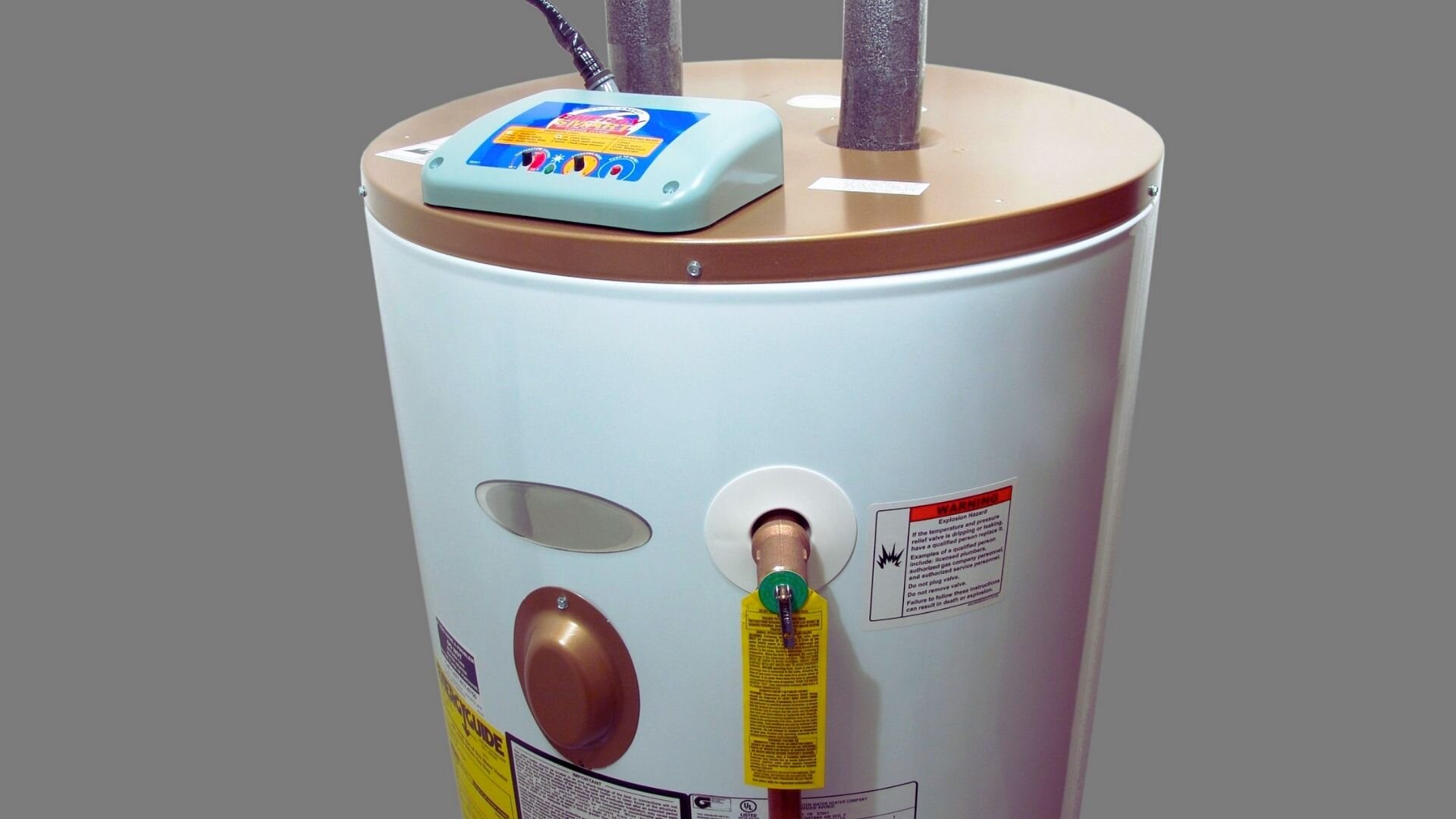
In addition, professional installers possess the expertise to select the right-sized unit for your household’s hot water system needs, optimising energy efficiency and long-term performance while meeting the minimum energy performance standards. They can also provide valuable advice on system placement and maintenance, ensuring the longevity of your investment.
While DIY projects can be rewarding, when it comes to gas hot water service installation, it’s often wiser to prioritise safety, efficiency, and peace of mind by entrusting the job to qualified professionals. Their expertise guarantees a reliable hot water system supply and minimises the potential for future issues, making it a worthwhile investment in your home’s comfort and safety.
Sydney Plumbing Regulations
In Sydney, as in many other cities, plumbing regulations are crucial in maintaining the safety and functionality of plumbing systems within residential and commercial properties. These regulations are put in place to ensure that plumbing work adheres to specific standards and codes.
It covers various aspects, including water supply, drainage, and gas systems. Plumbers in Sydney must be licensed and follow these regulations when installing or repairing plumbing fixtures and systems. Compliance with these regulations is not only a legal requirement but also essential for the safety and well-being of the community.
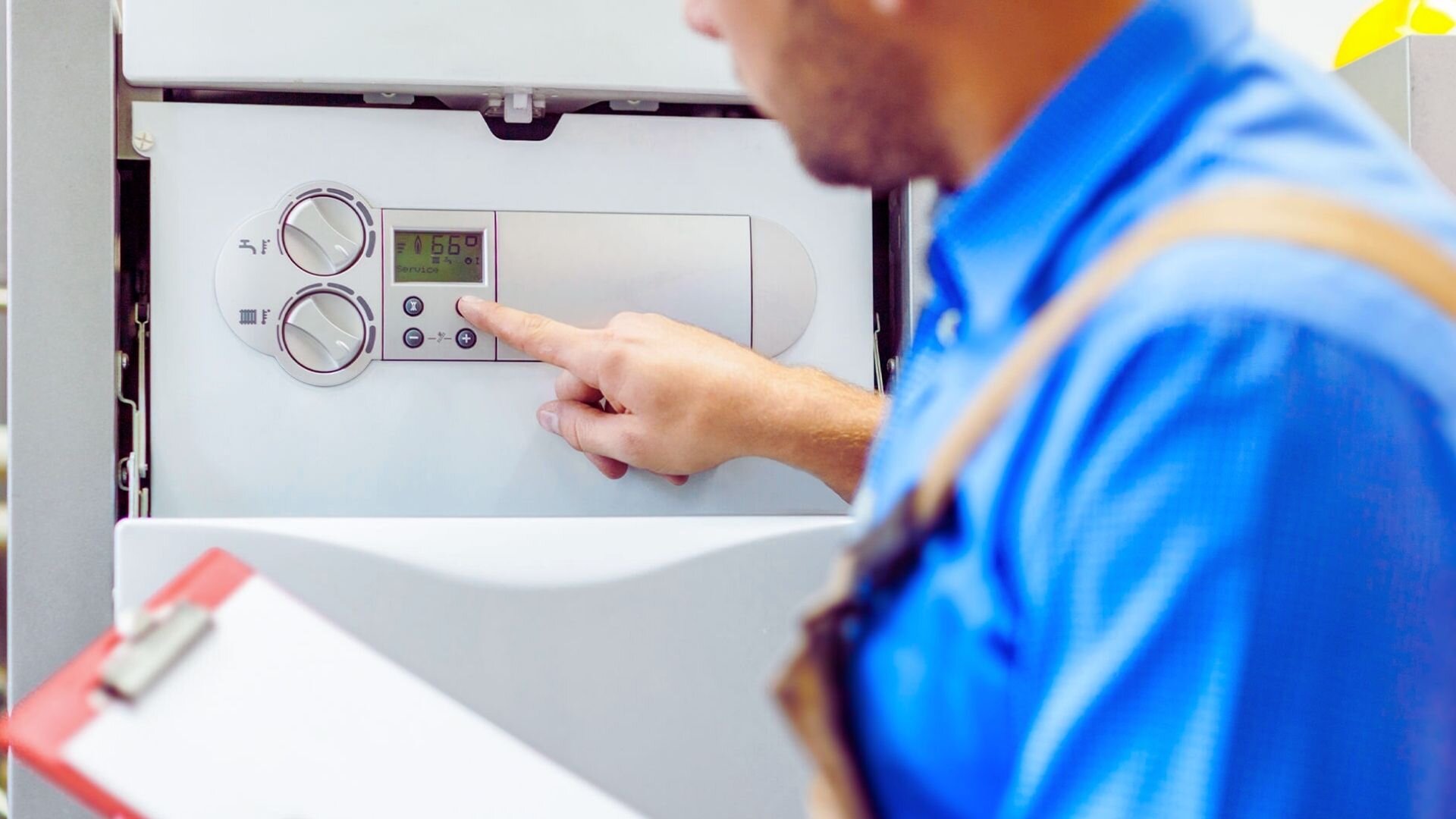
Sydney’s plumbing regulations require permits and inspections for major work. This ensures proper installation and repair, reducing risks like leaks, contamination, or other issues affecting health and safety. Following these rules is also vital for insurance, as non-compliance might void your policy if plumbing damage occurs.
Property owners and contractors in Sydney should stay updated on current plumbing regulations. Working with licensed plumbers knowledgeable about these rules ensures functional, law-compliant plumbing work, contributing to the city’s plumbing safety and reliability.
Contact Fixed Today Plumbing Today!
In exploring what’s included in a gas hot water system service, we’ve uncovered the vital components that keep your hot water system flowing efficiently. Each element, from the burner and thermostat to the tank system and water pressure relief valve, is crucial in ensuring a reliable hot water system supply.
A gas water heater is generally more expensive to buy and install than an electric hot water system but is also usually cheaper to run. A gas hot water heater also produces less greenhouse gas emissions than an electric hot water heater.
Alternatively, installing a solar water heater can greatly reduce your energy bills. It will use energy from the sun to heat the water at zero cost, producing few harmful greenhouse gas emissions. A solar water heater can provide between 50 and 90 per cent of your total hot water requirements, depending on the climate and the gas models.
At Fixed Today, we know how vital a well-running gas hot water service is. Our skilled team specialises in top-quality installation, maintenance, and repair services. Whether you need a system upgrade or a quick repair, we’re just a call away.
Don’t let cold showers or inefficient systems ruin your day. Contact Fixed Today now and we’ll make sure your gas hot water service is running perfectly so you can enjoy the comfort you deserve. Your satisfaction is our priority, and we’re here to keep your hot water flowing smoothly.














